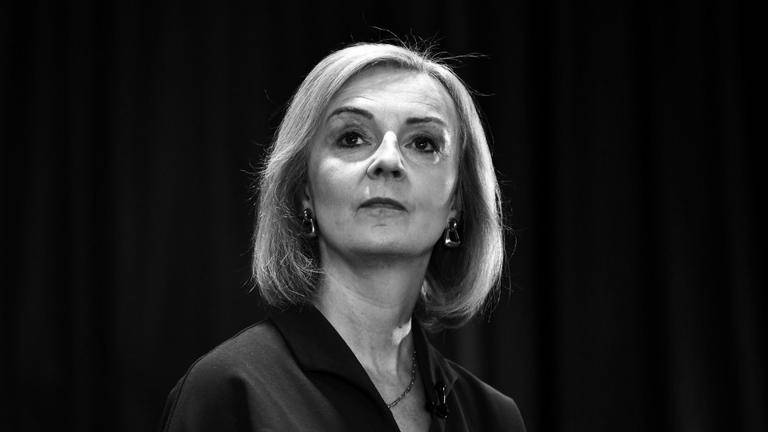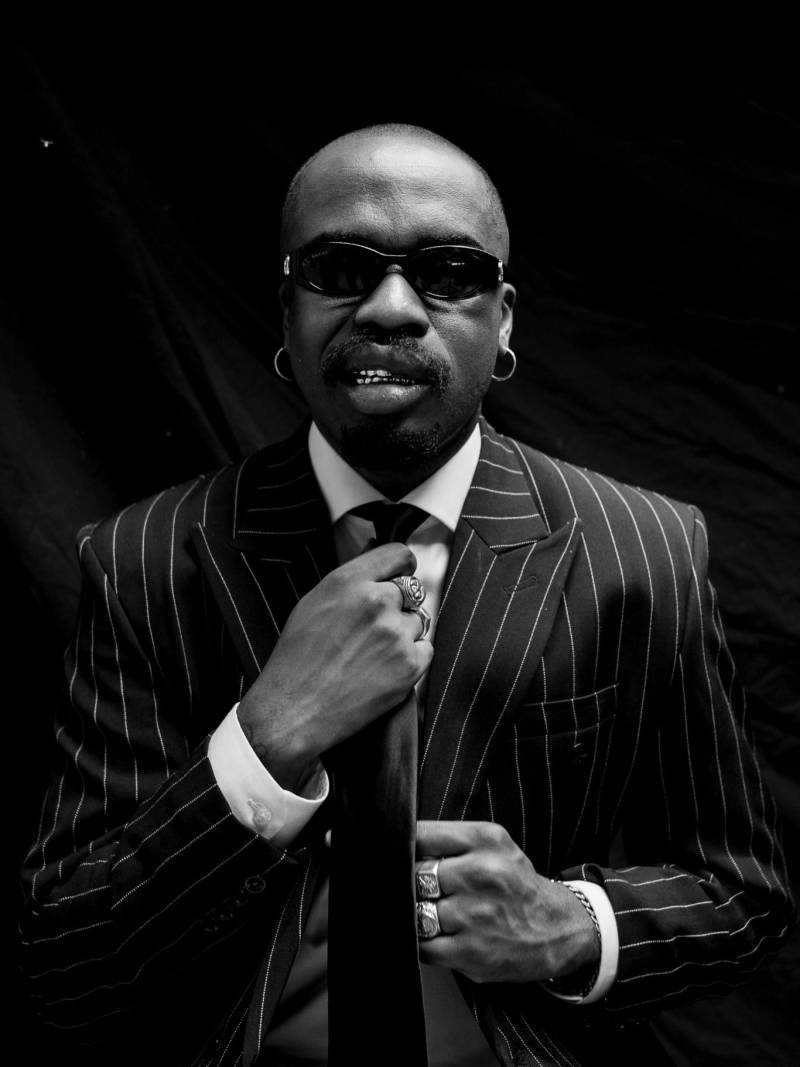Boris Johnson performed a farewell tour across the nation during his final days as prime minister of Great Britain. He could have anticipated a little arch built in his honor, as was done for his favorite Roman generals, or at the the least, a few enraged Gauls dragging their feet miserably after his chariot. He proceeded to a field in southwest England instead, where he stood in front of a hole in the ground.
In addition to being the tomb of Johnson's hopes to be remembered for something other than being the prime minister who "got Brexit done," the pit will one day be filled with ultrafast internet lines. The coronavirus interfered after he supervised Britain's exit from the European Union, and his government's domestic agenda was stymied with scandals involving shutdown parties, wallpaper, and corruption. When his own ministers ousted him in July, he declared he would continue as "caretaker" until the Conservative Party could select his successor. The nation that Johnson has given his successor has spent the entire summer in political limbo.

Liz Truss, his new foreign secretary, takes his position today and inherits a portal to a nightmarish dimension rather than just an inbox. The COVID-19 problem dominated the news. Truss must deal with one of them—the impending increase in energy costs—as well as a slew of other issues, including as soaring inflation, pervasive labor unrest, and protracted wait times for medical care. She is dealing with whatever the reverse of a honeymoon is. Following the announcement of her victory, Truss promised the crowd, "We will deliver, we will deliver, we will deliver," in a flat, formulaic acceptance speech that was more akin to Theresa May's awkward, earnest prose than that of Truss's immediate predecessor, the charismatic, clownish Boris Johnson.
READ ALSO: With "God Did," DJ Khaled Achieves His Fourth Billboard 200 No. 1 Album.
Dealing with the energy crisis brought on by Russia's invasion of Ukraine earlier this year and by rising demand as the pandemic fades will be the first order of business. In Britain, a regulator sets a cap on the typical gas and electricity bills of everyday households based on wholesale prices. The average cost will be three times what it was in October, and it is anticipated that it will increase once more in January. Things are so dismal that today's call-in competition prize on a breakfast show was having your electricity bill paid for the next four months. By April, one respected forecaster projects that the typical British household will be shelling out $7,633 ($6,616) annually for gas and electricity.
Think that's too expensive? Businesses and government entities are not subject to pricing caps. Schools, nursing facilities, restaurants, and museums have already issued warnings that they cannot handle the demand. In certain places, public buildings are slated to serve as "warm banks"—similar to food banks—for people who cannot afford to heat their houses. High energy costs may force many white-collar Britons, who are currently accustomed to working from home several days a week, back into offices.
Truss has limited control over wholesale gas prices in Europe. Vladimir Putin fully utilizes the influence that being a major gas supplier to Europe offers him in international affairs. The new prime minister will nevertheless be under intense pressure to help British households get through the coming winter. Insisting that tax reductions remain her economic priority, Truss has so far dismissed the idea of greater direct assistance. She acknowledged yesterday what no British politician has said for decades: that her tax policy would benefit the richest the most, and she believed that to be fair. As she explained, "I think it's inappropriate to see everything through the prism of redistribution because what I'm about is developing the economy and increasing the economy benefits everyone."
At least for this election, Truss appears to be going with her campaign platform because she supports the Laffer curve, a right-wing favorite theory that is disputed by mainstream economists. The 47-year-old new Tory leader started her political career as a centrist Liberal Democrat and voted to stay in the European Union in 2016. However, she has since taken a strong turn to the right and been rewarded with the backing of the libertarian and socially conservative elements of the Conservative Party. With such a basis, it will be challenging for her to run larger deficits to pay for government spending. And the average Briton's problems are by no means limited to energy costs. After a decade of austerity, the disruption of COVID, and the current effects of rising inflation, every public sector in the nation is in desperate need of funding. (The present percentage is 10.1%, and according to Goldman Sachs, it will be 22 percent next year.)
Are you traveling by train? Be prepared for the trip to be postponed or the car to be completely packed: The entire summer, rail employees have been on and off strike. Putting off providing testimony in a criminal case? Prosecutors and criminal defense attorneys have declared what the BBC refers to as a "indefinite, uninterrupted" strike that will start today in response to the court system's ongoing delays. Do you wish to mail a letter? In the upcoming two weeks, there will be two additional strike days for postal workers. Do you need a new hip or cataract surgery? There are currently 6.6 million Britons waiting for non-urgent medical care through the National Health Service—2 million more than there were prior to the pandemic. In need of an ambulance? One 87-year-old man who had a shattered pelvis over the summer endured a 15-hour wait outside his home following a fall. He was given a temporary shelter by his family, fashioned of a soccer goal, trash bags, and umbrellas.
What talents does Truss bring to this terrible circumstance? She will be well informed on the conflict in Ukraine, the status of EU negotiations, and the dangers of relying on imported energy as the most recent foreign minister. She has the ability to change her mind because she transitioned from a liberal to a conservative and from a Remainer to a Brexiteer. She has already chosen her ministerial team and arranged an emergency budget statement for the upcoming weeks since she has been planning to become prime minister since long before the job was declared to be vacant.
Critics compare Britain's third female prime leader to Margaret Thatcher because of her ink-blue outfits and purple speech. The question now is whether Truss can handle an economic crisis as severe as any her predecessor ever experienced in the 1980s without stoking national divisions in the manner of Thatcher.




